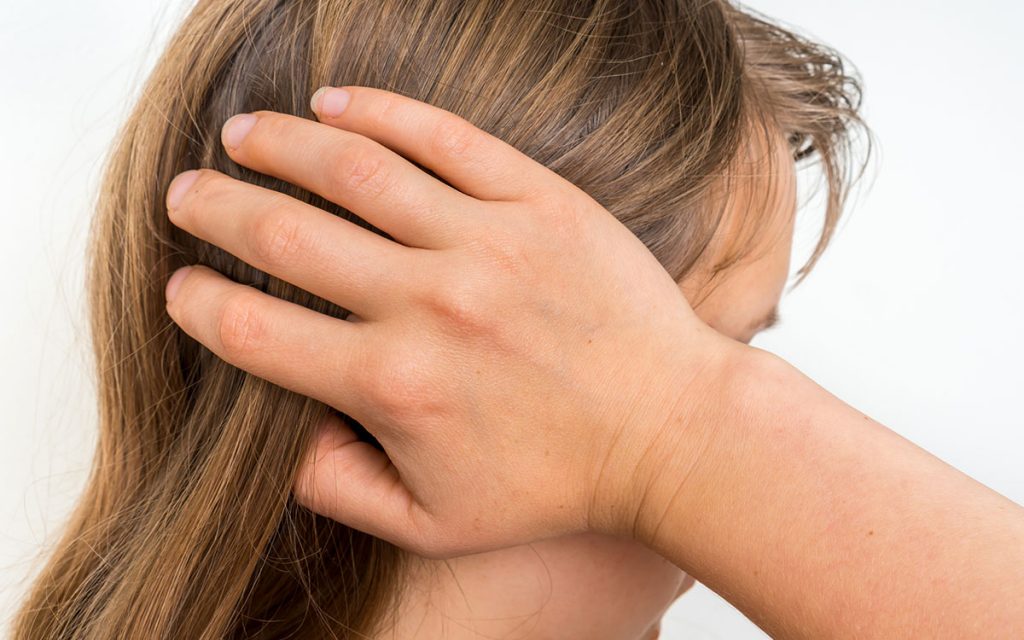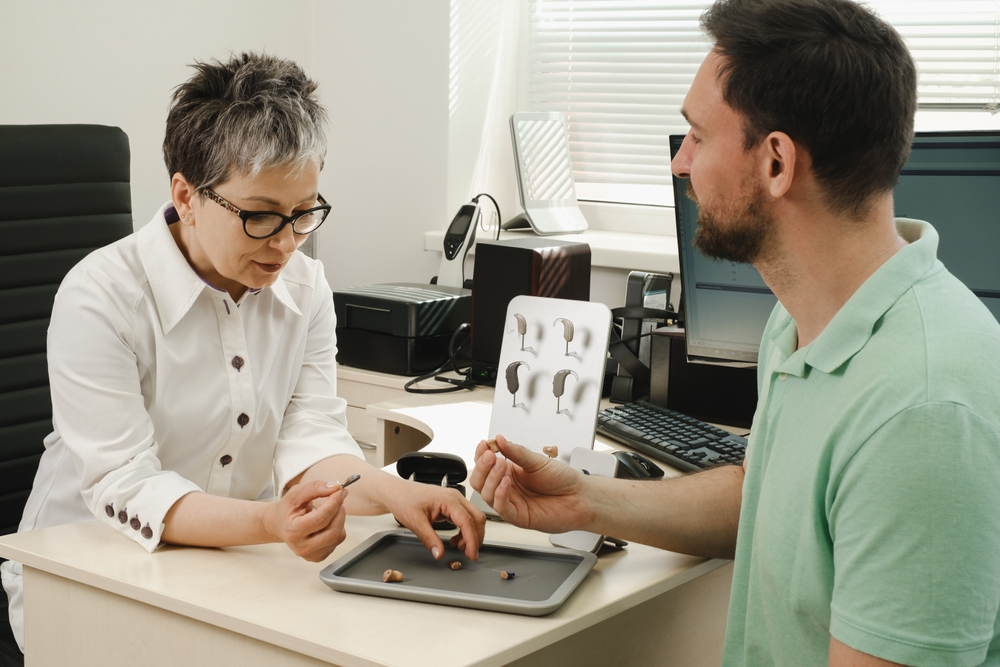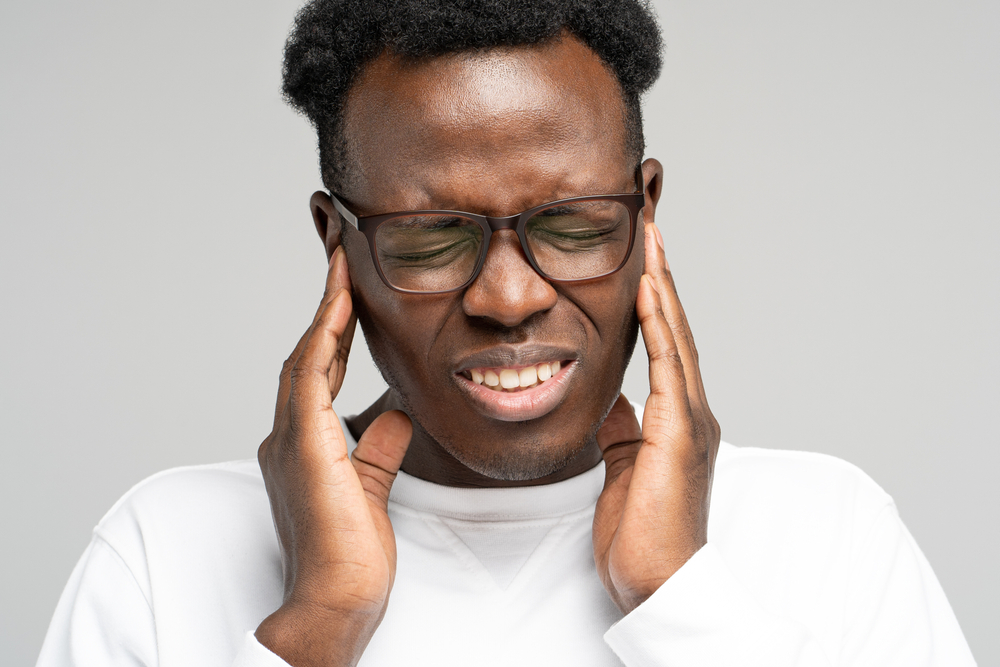There’s something about experiencing tinnitus that can be especially unnerving, right? Because you’re hearing a sound that isn’t really there. And if you’re unfamiliar with the medical causes behind that ringing or buzzing (or whatever the sound is), you might find yourself grasping towards some pretty radical causes for those sounds.
That’s why tinnitus and conspiracy theories too often go together like two peas wrapped in a tin foil pod. And while that’s unfortunate, it’s sort of understandable. You want to know what’s causing this buzzing that no one else can hear. Here’s what you should know.
Environmental factors that cause tinnitus
Briefly, tinnitus is a condition in which you hear a sound that isn’t there (most often, it’s a buzzing or ringing, but not always). Usually, it’s temporary and goes away, but tinnitus can become chronic (and never-ending) for a wide variety of reasons. The more you know about tinnitus, the easier it is to dismiss some of these conspiracy theories as utter nonsense.
But there might be a (somewhat tangential) kernel of truth worth exploring here. There are some environmental factors that can lead to the development of tinnitus and ringing-ear symptoms.
To be clear, we don’t mean chemtrails or power lines when we talk about “environmental factors” (though you should also beware of ototoxic chemicals or medications). What we really mean is noise. If you live in a noisy neighborhood or spend all day around industrial equipment, your ears are going to take a beating–especially if you aren’t wearing adequate hearing protection.
Over time, that ear punishing strain can lead to chronic tinnitus (and hearing loss).
What kind of environmental factors should worry me?
The tragedy (and the danger) of these conspiracy theories is that they point people in the wrong direction. There are steps you can take to prevent hearing damage and tinnitus.
The most common environmental factors that contribute to tinnitus look like this:
- Music: Yes, your music. You’re likely listening to your music much too loudly.
- Traffic: Driving through a densely populated city is much louder than you would expect it to be, and if you’re doing it for hours on end, you could be creating strain on your hearing.
- Work: If you work in an industrial or factory setting, you should be wearing hearing protection. The need for hearing protection occurs at a much lower threshold than people generally expect.
What should I do if I hear buzzing in my ear?
One of the most significant contributing factors to the development of tinnitus is that people consistently underestimate the volume at which damage to the ears occurs. The minute you hear ringing or buzzing associated with tinnitus, your ears are trying to tell you something. Usually, the message is simply: it’s too loud.
The buzzing and ringing associated with tinnitus can be quite loud at times. That’s why you might be tempted to simply turn the volume on your music up in an attempt to drown out the unwanted buzzing.
And, if you knew nothing about the causes of tinnitus, this might seem like an understandable course of action. You just want to maintain your day-to-day life, right? Turn up the volume and get on with it, you think; that ringing will go away eventually. Only… it won’t. In fact, turning up the volume to drown out the sound of tinnitus-related ringing will only accelerate the deterioration of your hearing.
What should I do about the ringing in my ears?
If you hear a buzzing or ringing sound, it’s important to see a hearing specialist about it–especially if the sound doesn’t go away. It’s true that some people might be extra sensitive to certain sounds. But it’s not a conspiracy–it’s just that the modern world is pretty noisy.
That’s why when you begin to notice signs of stress in your ears, the solution is to get treatment. There are behavioral therapies and sound masking devices that can safely treat your tinnitus symptoms and help you hear better. Many people also find that wearing hearing aids help. A shocking number of people with tinnitus also have hearing loss, and treating one helps relieve the other. You can also make improvements to your immediate environment to ease the strain on your ears (or, at the very least, you can take steps to protect your ears from the sounds of your environment).



